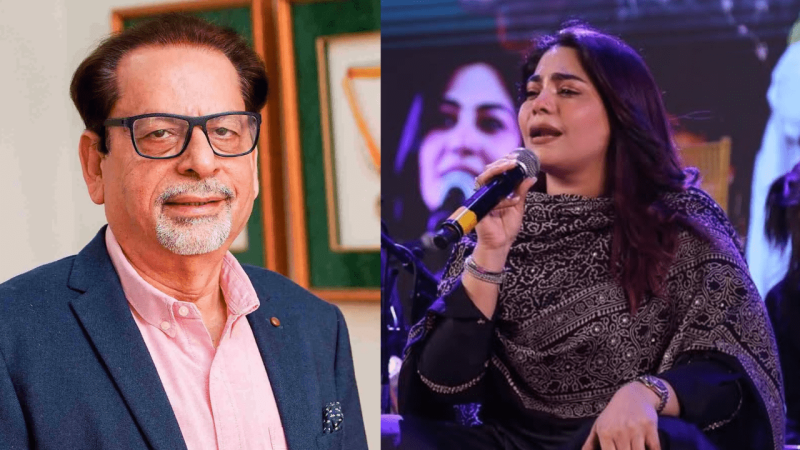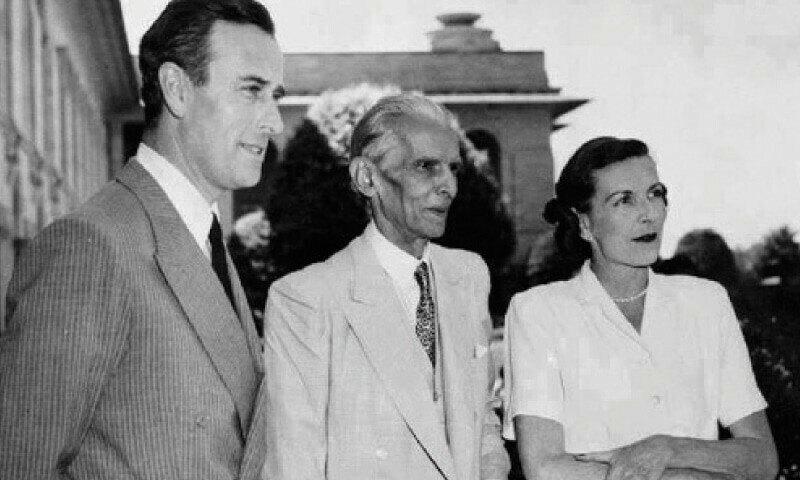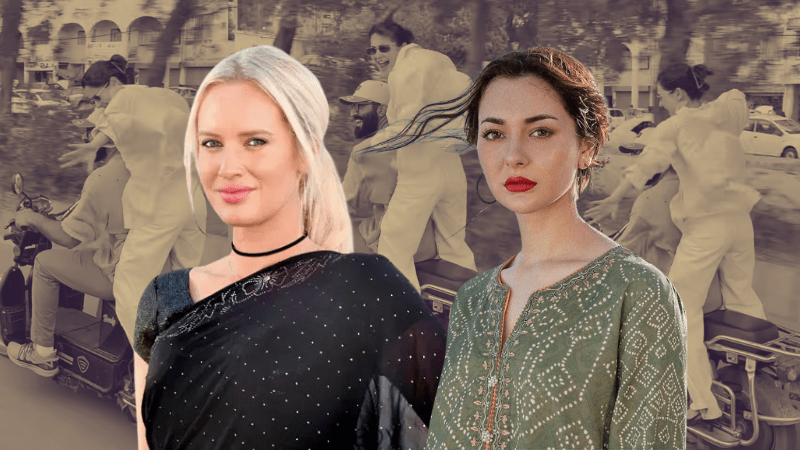In India, there’s a lot of shame attached to #MeToo: Sonam Kapoor
Sonam Kapoor is one of the vocal celebs in Bollywood who is all for women's empowerment.
In a recent interview with Indian Express, Sonam spoke about the harassment in India and said that due to "preconceived notions about women" it will take time to change certain perceptions.
When asked whether something similar to Hollywood's #MeToo campaign was taking place in India, she responded:
"I wish there was. Unfortunately in India, there’s a lot of shame attached to it. If something happens to you, you just smile and pretend to be dumb. You just ignore it, pretend it didn’t happen because if you speak about it, you will get into more trouble. You are conditioned to think that way. It becomes a blemish on you. In India, it is so prevalent, eve teasing — we have been experiencing it since college where guys are hooting at you, that’s also harassment."
And the shift to a culture where victims aren't silenced will be slow.
"It’s not gonna happen for a while. I don’t think so. We are hard pressed for stories, for roles. There is no equal pay. And I am not even talking about actresses. I was talking to someone, this person asked for my help. He said I am trying to hire a person — there are two people, a guy, and a girl, who is just married. She is better but she may get pregnant. And she won’t be able to work properly. This is how we still think. People hold these preconceived notions about women," she said.
The Veer Di Wedding star added, "Our conditioning is so deep and entrenched. If someone teased you at school, would you tell anybody? You will keep it to yourself. This mindset has to change. It will take a really long time. I remember when I spoke about what happened to me when I had gone to a theatre to watch a Raveena Tandon film. A man came behind me and molested me. And people said that’s not molestation. This is harassment. And somebody from my team said that why are you speaking about this, your movie is coming out.
Sonam said that when she recognised herself as a feminist and called herself one, her team questioned her, saying, "Why are you saying you are a feminist?"
Highlighting the hypocrisy in her country she said: "You want your women going to temples, be the girl next door, wear a sari, be pure. It’s shocking. Such a contradiction in our country. You want to watch songs where women are gyrating to lyrics which are so suggestive, and at the same time wearing shalwar kameez and doing pooja."














Comments